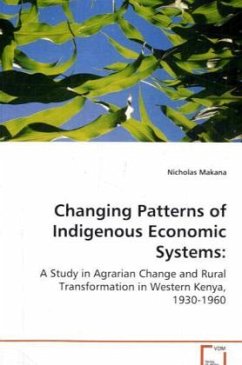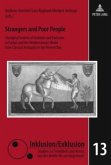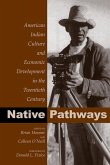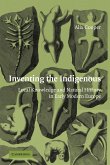This book is about the relationships that developedbetween peasant households in Bungoma district ofwestern Kenya and the strategies that were devised bythe British colonial state to incorporate theirproduction and exchange systems into the mainstreamof the colonial economy and the wider global economy.The various historical epochs through which thisinteraction occured include the period before 1930,the 1930s when policy was influenced by the GreatDepression, the period punctuated by the Second WorldWar, the immediate post-war period, and finally theperiod between 1954 and 1960. Each of these periodswas peculiar in terms of the agrarian policiesprivileged by the colonial state in Kenya's ruralareas such as Bungoma. While highlighting thecentrality of the colonial state in the process ofagrarian change and rural transformation, the bookalso assigns agency to rural cultivators, arguingthat the degree of success of statist policies hingedconsiderably on the extent to which African peasanthouseholds were willing to embrace them.This realityunderwrote the contradictions characteristic ofcolonial efforts at agrarian change and ruraltransformation in western Kenya.
Bitte wählen Sie Ihr Anliegen aus.
Rechnungen
Retourenschein anfordern
Bestellstatus
Storno








